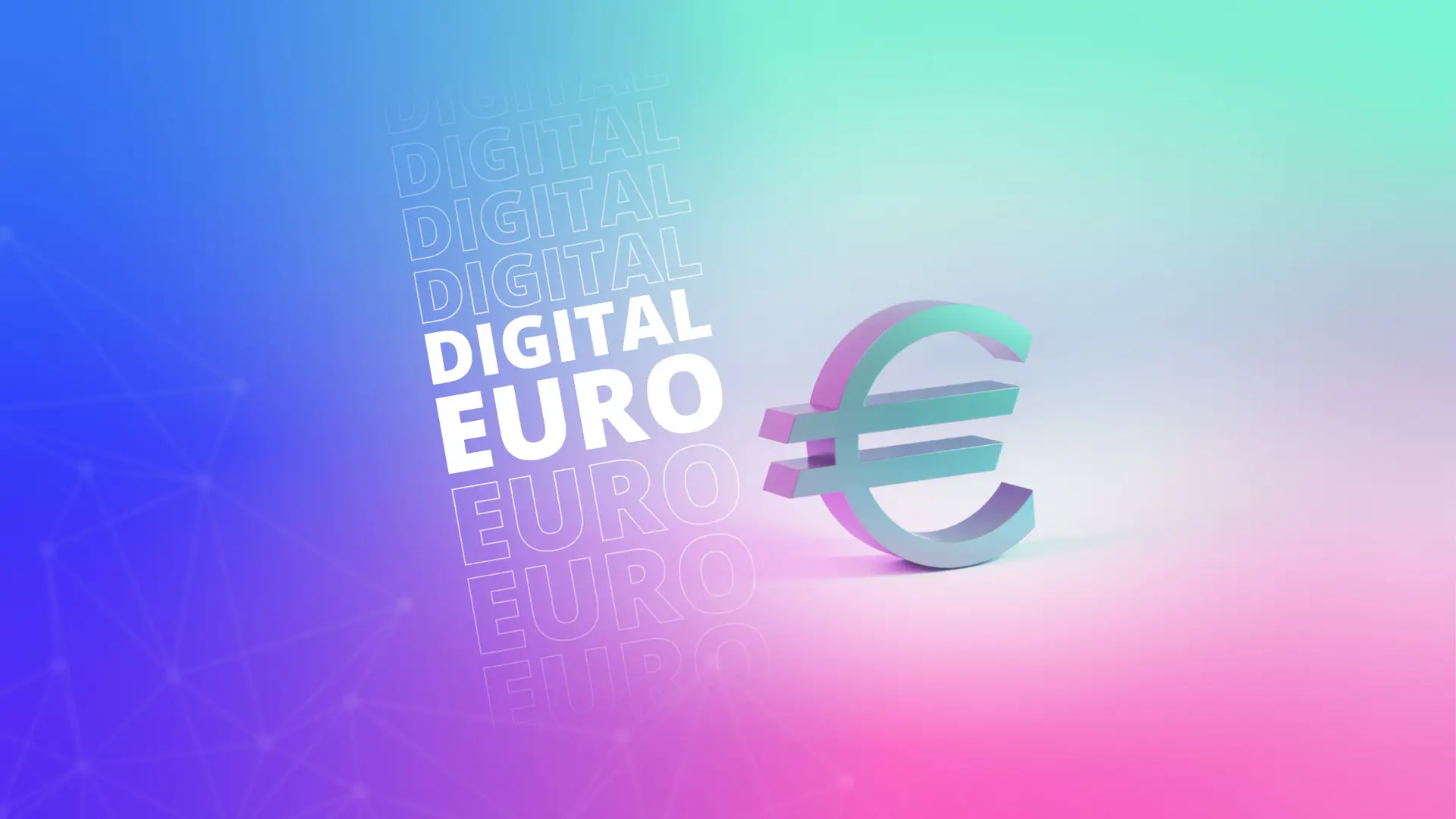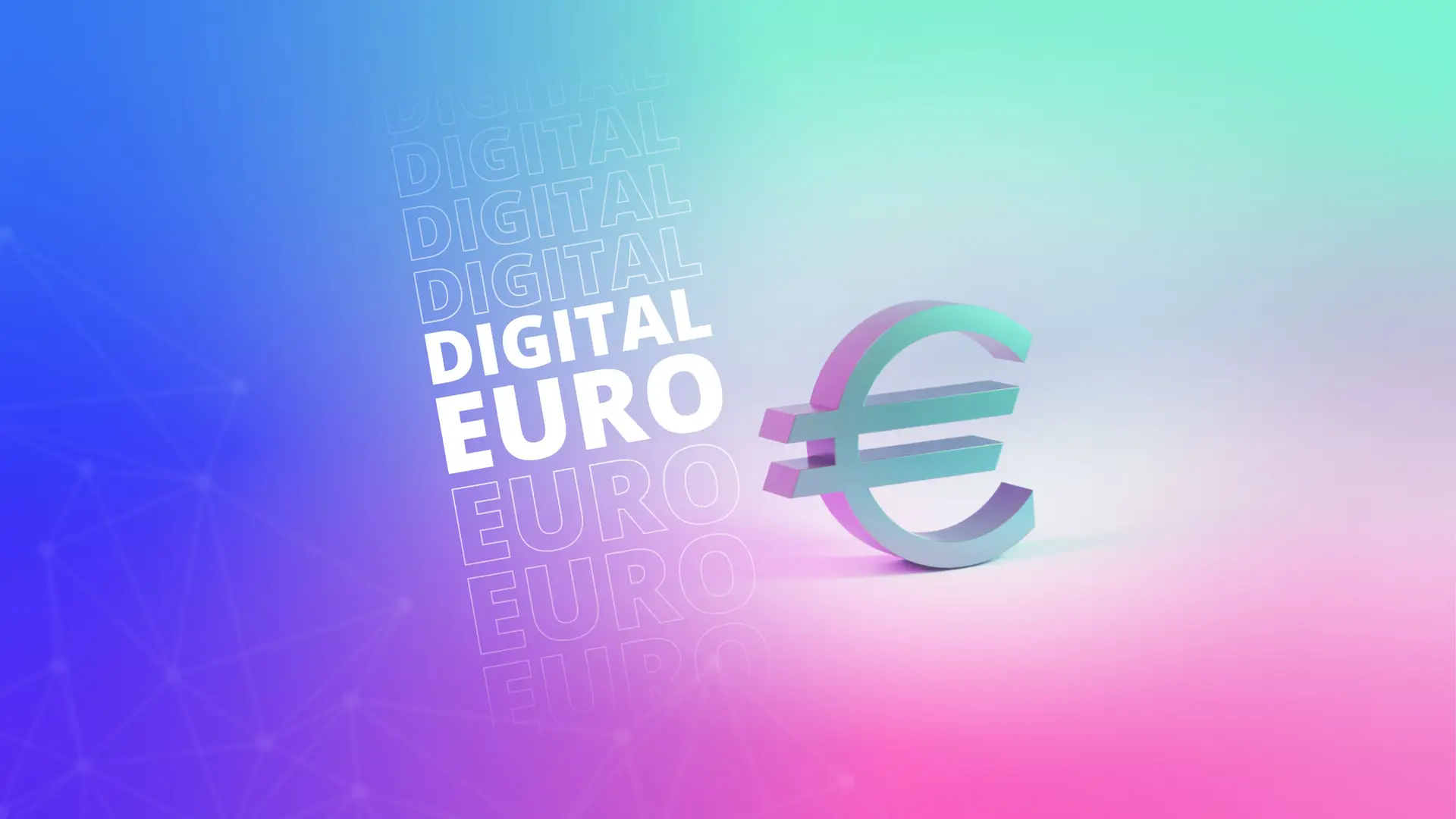The Digital Euro: Decoupling from PayPal, VISA & Mastercard
The Digital Euro: Decoupling from PayPal, VISA & Mastercard

www.ecuradio.eu
The Digital Euro: Decoupling from PayPal, VISA & Mastercard - Ecu Radio

From the 7th of April to the 9th, the European Central Bank spoke extensively about the Digital Euro, expressing hope about its potential and publishing an update of its rulebook. Its President, Christine Lagarde, also called for it, wishing to end European reliance on international payment solutions providers such as VISA, Mastercard, PayPal, Stripe and others.